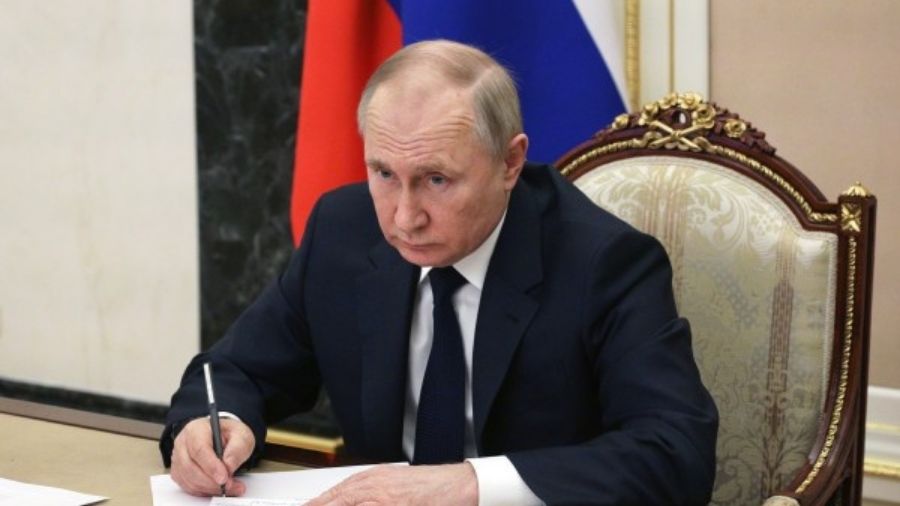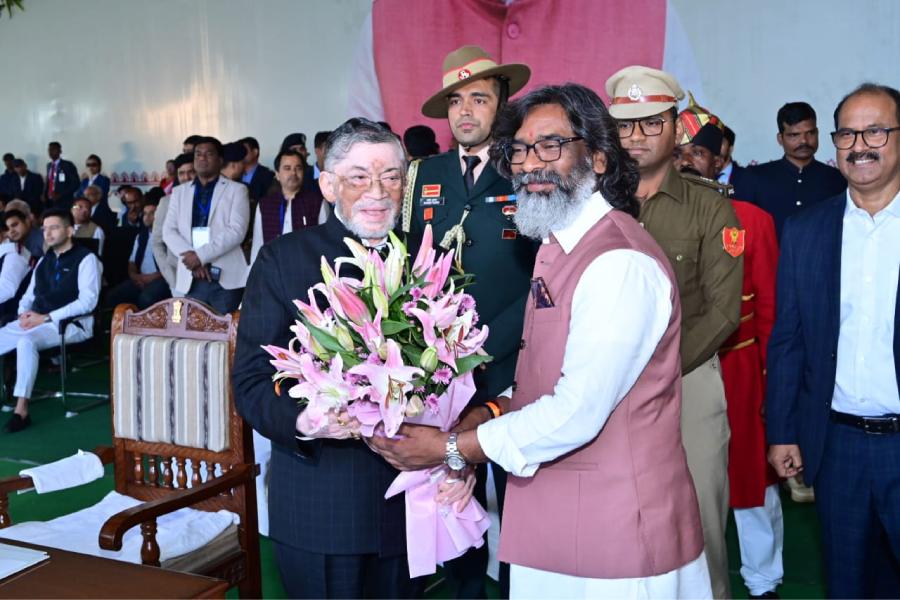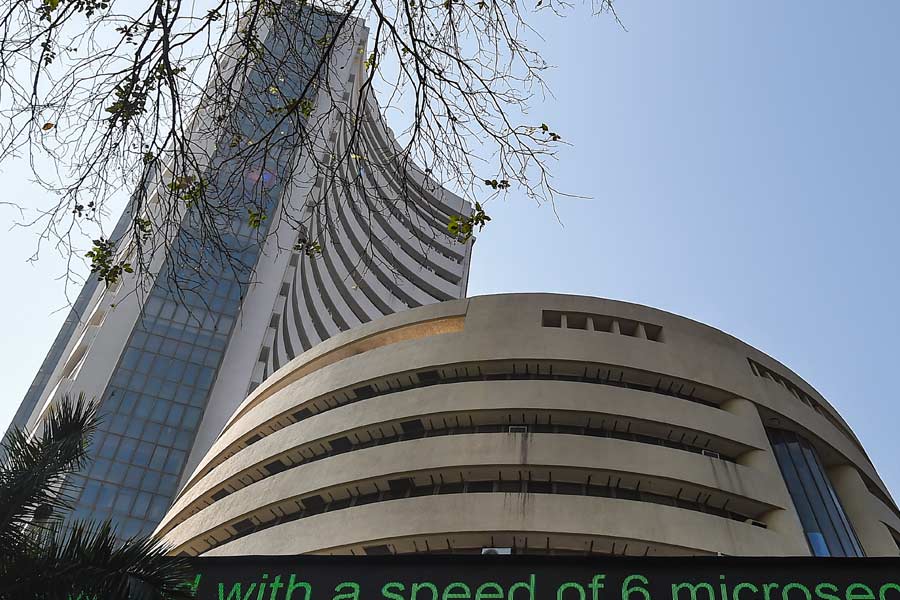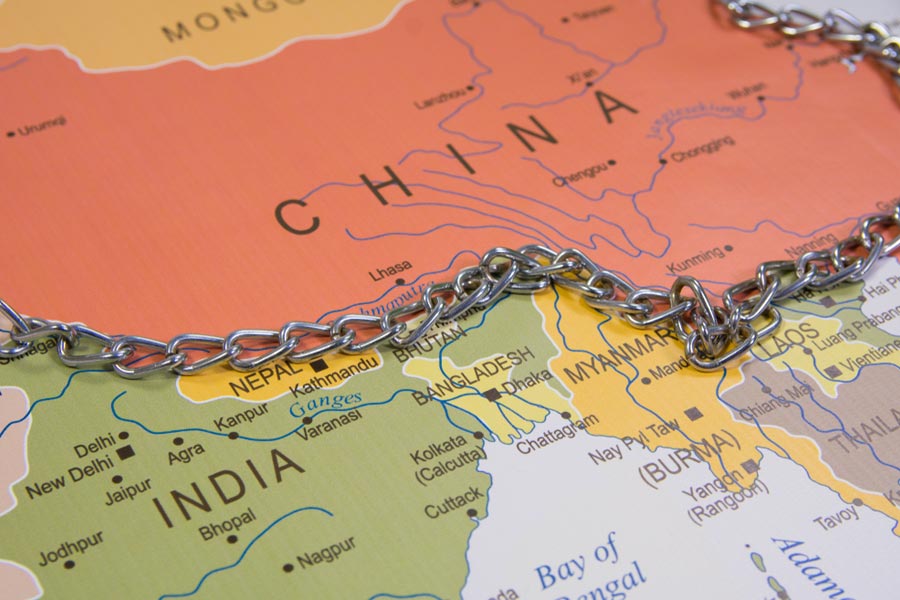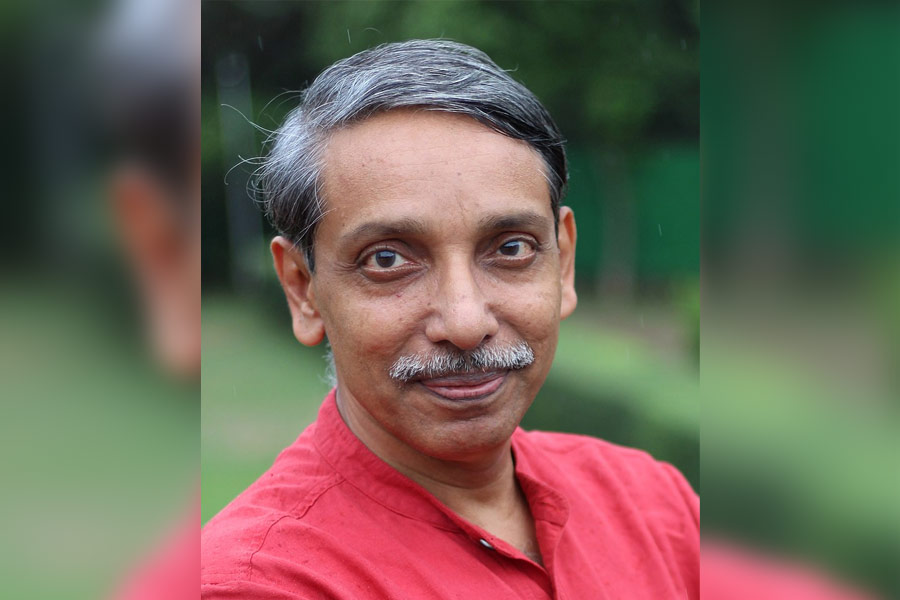The United Nations' highest court on Wednesday ordered Russia to stop hostilities in Ukraine, granting measures requested by Kyiv although many are sceptical that Russia will comply.
India's judge, Justice Dalveer Bhandari, voted against Russia while Judge Xue Hanqin from China opposed the order.
Two weeks ago, Ukraine asked the International Court of Justice - also known as the World Court - to intervene, arguing Russia violated the 1948 Genocide Convention by falsely accusing Ukraine of committing genocide and using that as a pretext for the ongoing invasion.
The Russian Federation shall immediately suspend the special military operations it commenced on 24 February 2022, the court's president, U.S. judge Joan E. Donoghue, said.
Countries who refuse to abide by court orders can be referred to the U.N. Security Council, where Russia holds veto power.
Still, Ukraine President Volodymyr Zelensky hailed it as a major victory. Ukraine gained a complete victory in its case against Russia at the International Court of Justice," he wrote on Twitter.
"The ICJ ordered to immediately stop the invasion. The order is binding under international law. Russia must comply immediately. Ignoring the order will isolate Russia even further.
Moscow snubbed a hearing last week, when lawyers for Ukraine told the court that Russia had started an unprovoked aggression.
Cities under siege, civilians under fire, humanitarian catastrophe and refugees fleeing for their lives, argued David Zionts, a member of Ukraine's legal team.
In written arguments submitted later in the week, Russia argued in writing that The Hague-based court lacked jurisdiction to hear the case and that nothing in the convention forbids the use of force.
In a 13-2 decision, the court also told Moscow to ensure military units take no steps to further the conflict, which Russia refers to as a special military operation. The Russian and Chinese judges dissented.
The bar for granting provisional measures is low, says Melanie O'Brien, an associate professor of international law at the University of Western Australia and an expert on the Genocide Convention.
The court was not being asked to make a decision on the real crux of the case, she told reporters in a briefing ahead of the ruling.
In January, the court ordered Myanmar to prevent genocide against the Rohingya people, a Muslim-minority group that has been persecuted in the country for years.
As with Wednesday's decision, the court also ordered Myanmar to preserve evidence of any crimes and submit regular reports to the court.
Earlier on Wednesday, the chief prosecutor of the International Criminal Court Karim Khan met with the Ukrainian president Volodymyr Zelenskyy in a surprise meeting.
The pair discussed the court's ongoing investigation into possible war crimes in the country. While the ICJ can hold states responsible, the International Criminal Court could prosecute individuals.
In the days since the March 7 hearing, Russia has intensified its military strikes on towns and cities across Ukraine hitting civilian infrastructure across the country, including a deadly strike on a maternity hospital in Mariupol, and sending more than 3 million refugees fleeing across borders.
The United States welcomed an International Court of Justice order that asked Russia to immediately suspend its military operations in Ukraine.
Describing it as a significant ruling, State Department Spokesperson Ned Price said that the ICJ "clearly and unequivocally" ordered Russia to immediately suspend its military operations.
"The Russian Federation shall immediately suspend military operations that it commenced on 24 February on the territory of Ukraine," presiding judge Joan Donoghue told the International Court of Justice, pending the final decision in the case.
"We welcome the court order and call on the Russian Federation to comply with the order, immediately cease its military operations in Ukraine, and to establish unhindered humanitarian access in Ukraine," Price said.
With inputs from Lalit K Jha in Washington & AP

